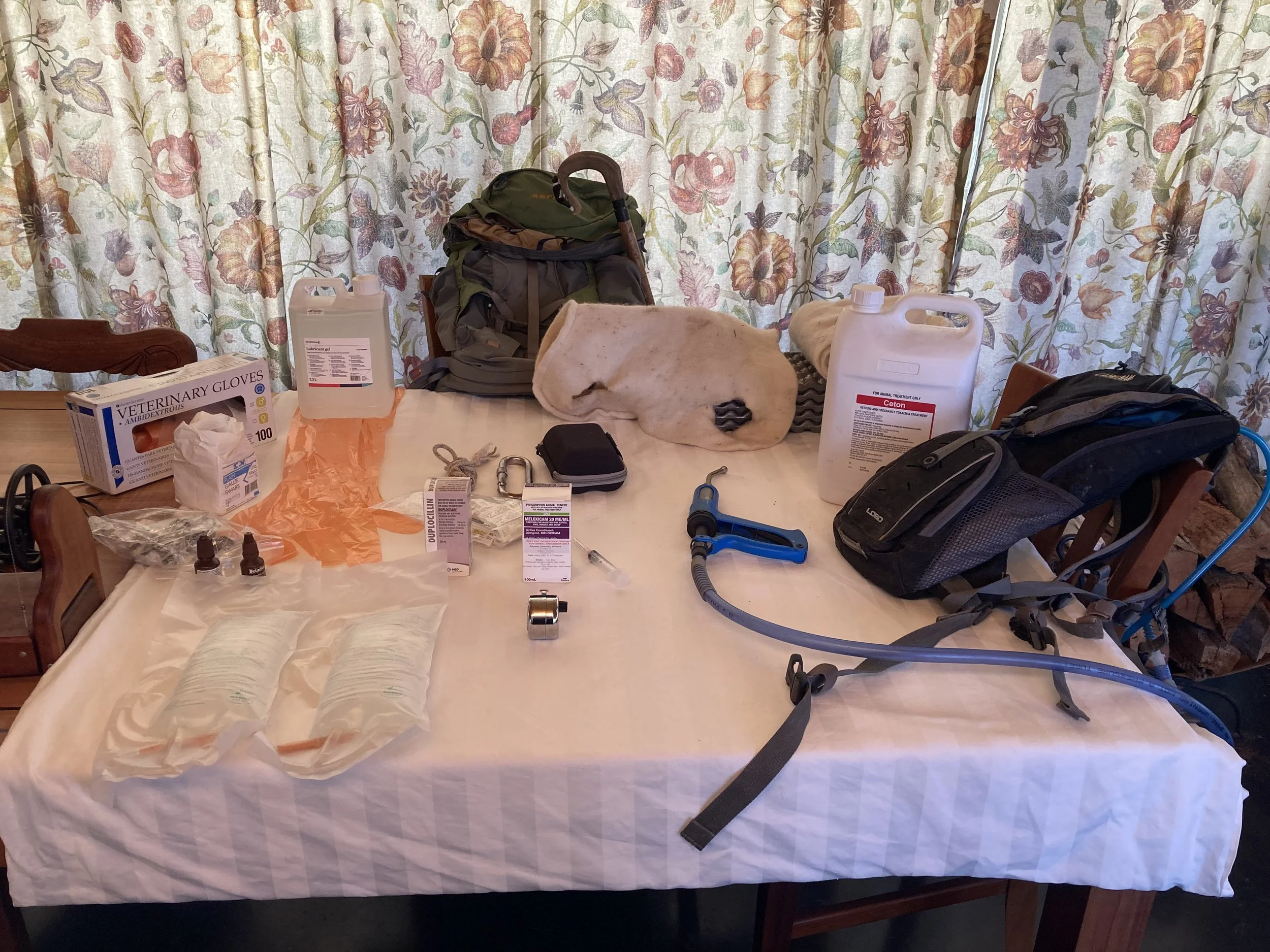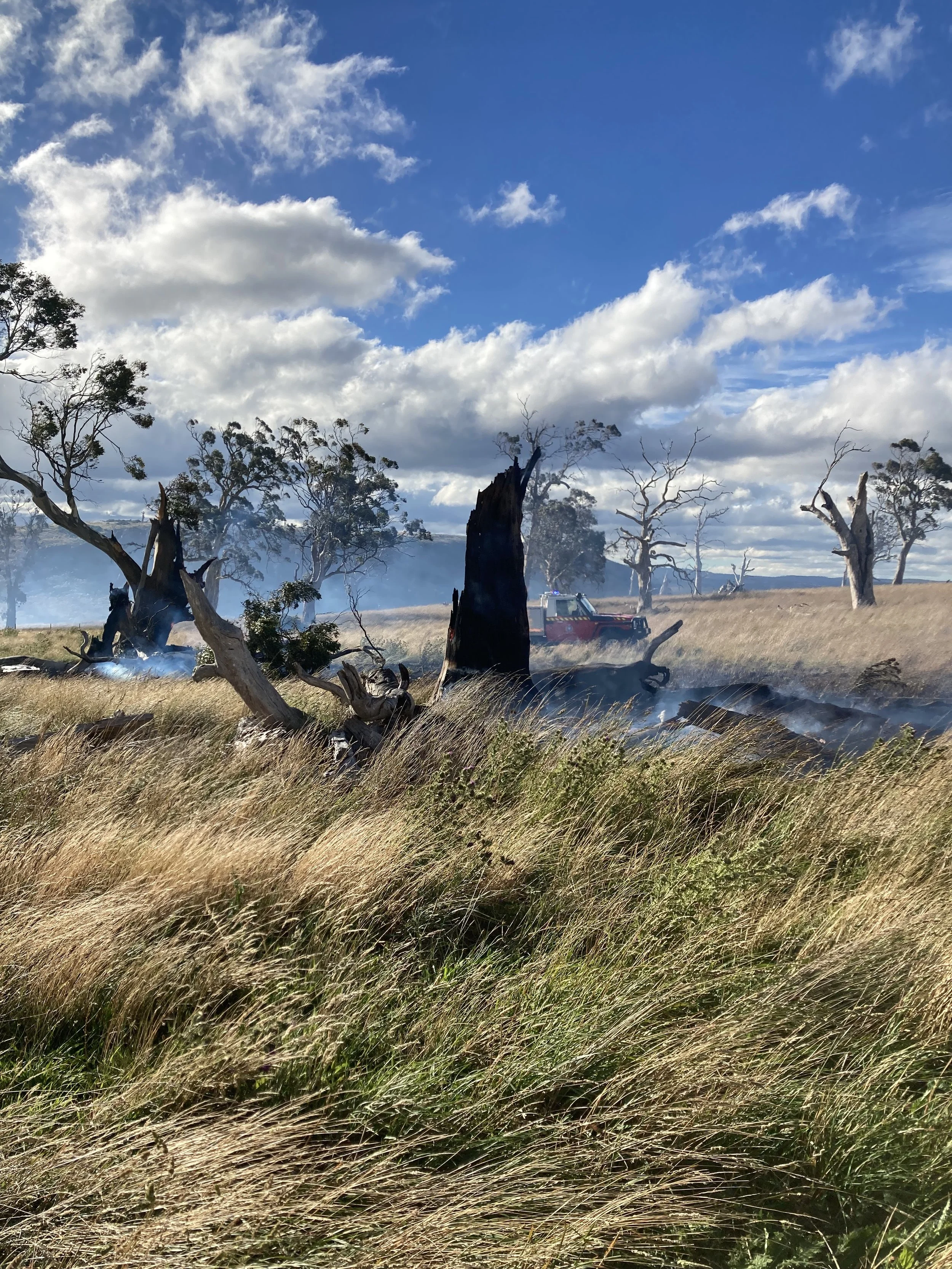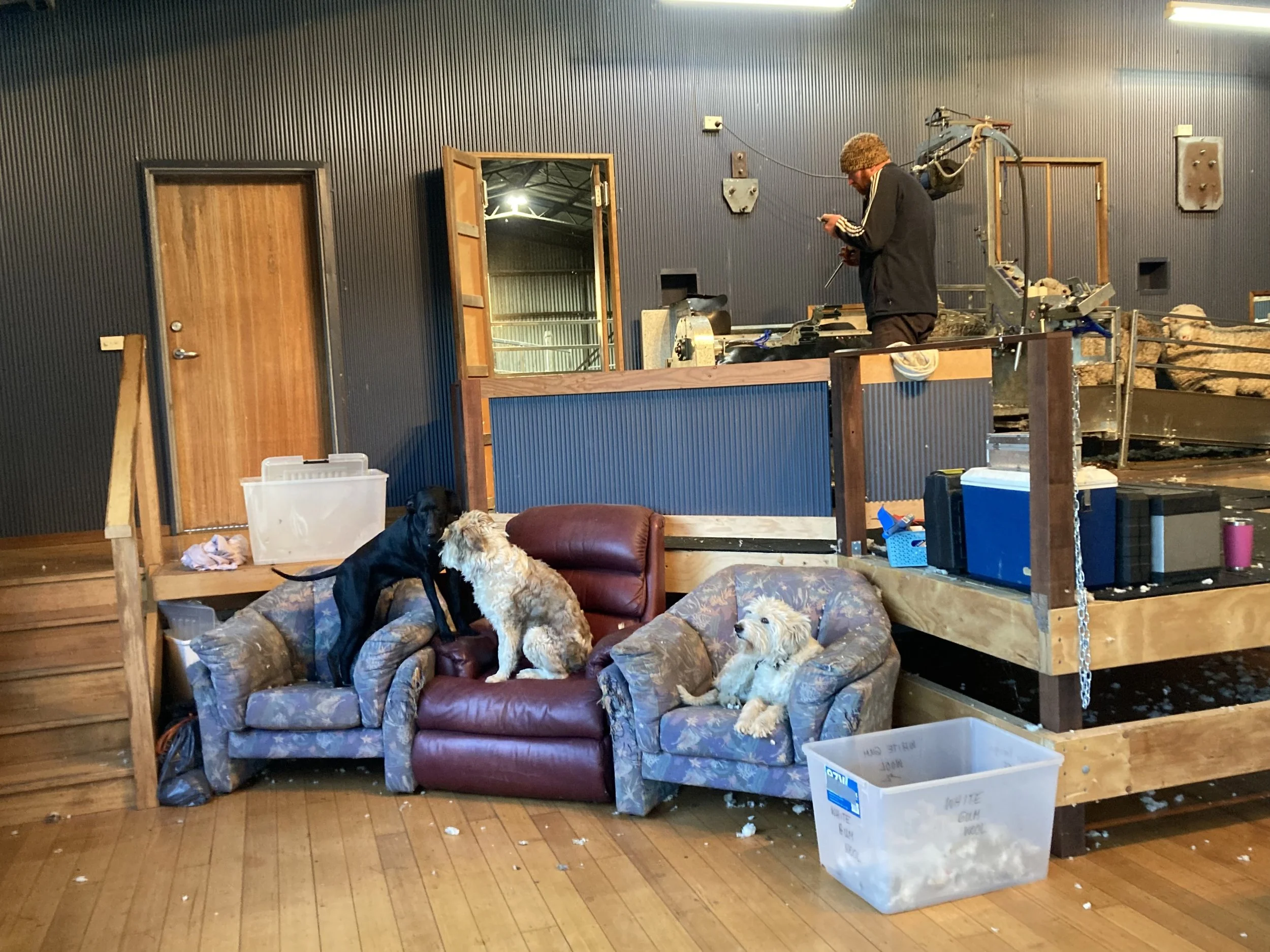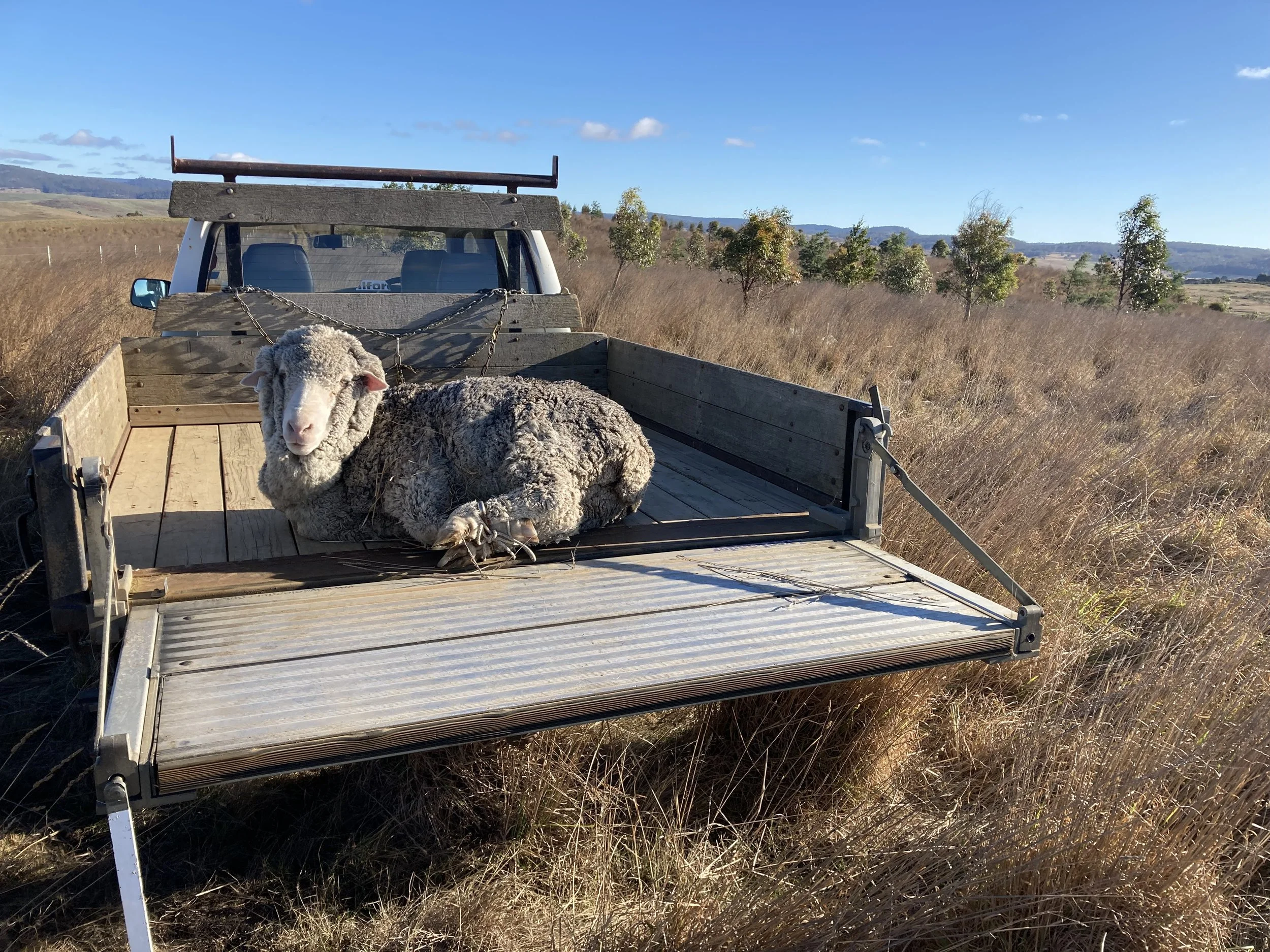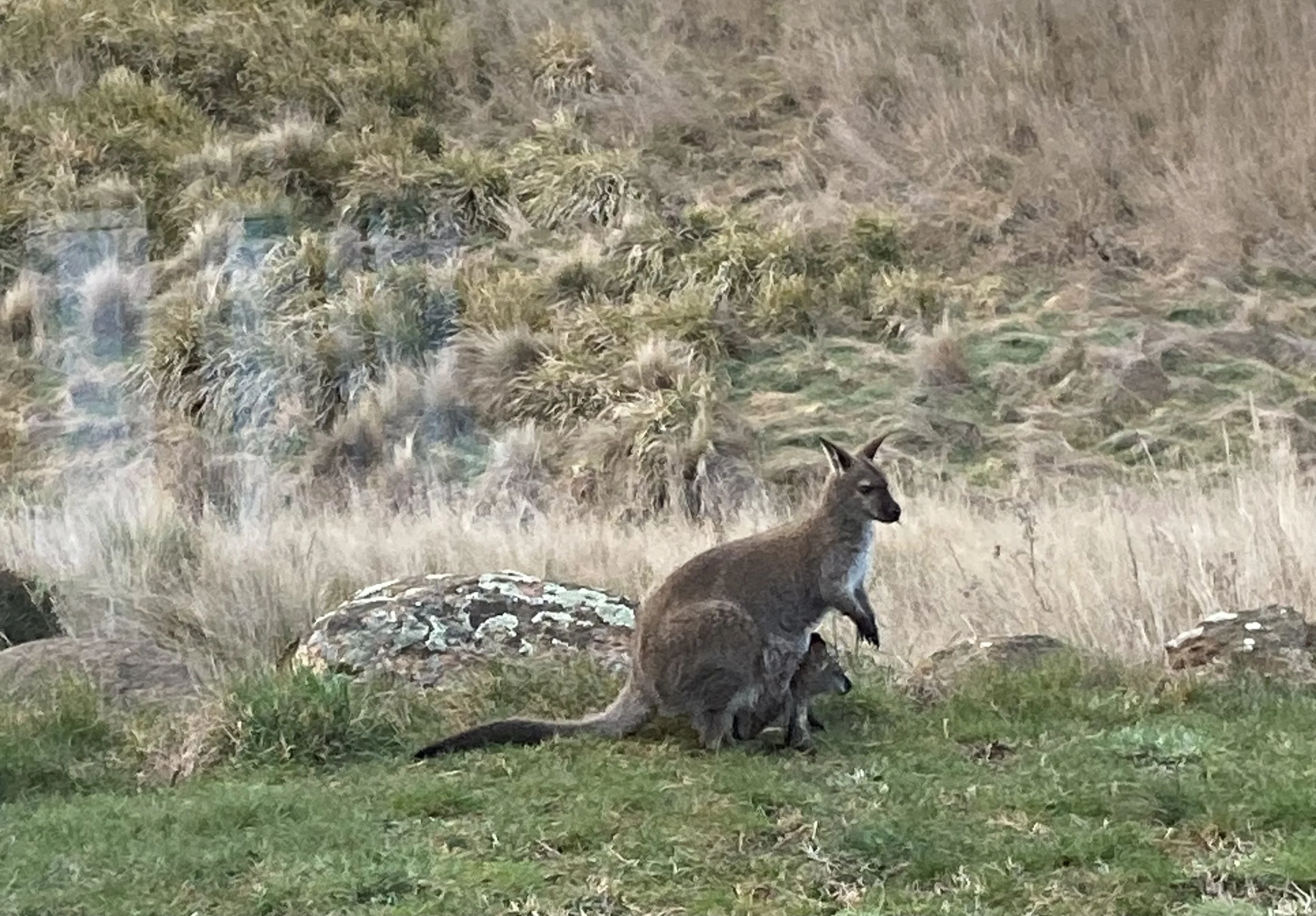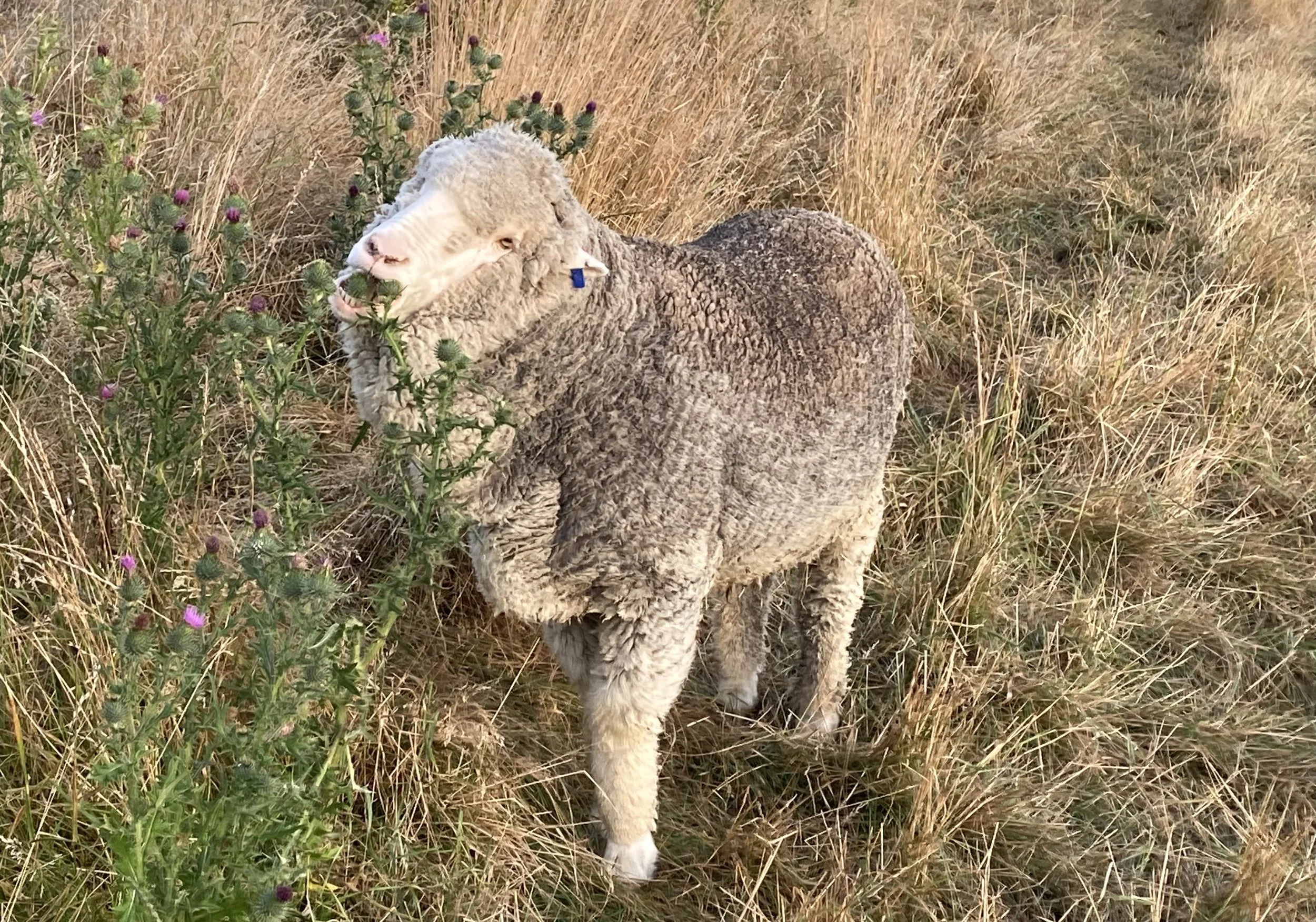I’m starting to think about writing the book I’ve been thinking about for 10 years. Only this time, it’s serious enough for me to gather all my source material, create a timeline, start re-reading the 100+ Yarns from the Farm and Come Shepherding posts, and sketch out different themes in my head. Why now? Well, in the process of accepting that I’m not going to live forever, I decided to question what I want to do with time I have left—which I’m hoping will be a good 20 years, nearly as long as I’ve been farming.
What's In a Name?
Lots, actually, when it comes to livestock. Anecdotally, cows with names give more and better milk, and in my experience, named sheep generally grow more and better wool than the flock average. But of course, there's even more, when social structure comes into play. I'm finally back from my self-imposed "summer" break, which has extended well into northern hemisphere summer. It turned out to be an even better idea than I thought, giving me much-needed time to reflect on the business and my life in general. Time away from writing affirmed my love of the work I do.
Sheep Crocodiles
For those of you who don't speak British Commonwealth idiomatic English, a crocodile can also mean a line of school children. The relevance of this term to the real topic of this Yarn will become clear later. (If you are one of those who read the last chapter first, skip to the video at the very end of the Yarn.) The real topic of this yarn is "Do sheep work?" More specifically, do my sheep consciously choose to cooperate in the work of the farm?
Animal Wifery
We've had 3 ½ inches of rain in May (hooray!) and the property is looking better than it has in months. Admittedly, it looks better from a distance than at worm's-eye level, where there is too much bare ground showing. However, the lovely spring green look is most welcome, along with the beginnings of run-off.
Come Shepherding
Come Shepherding is a new initiative I’ve started, designed to give readers a more personal experience of shepherding, White Gum Wool style. Each time I do a shepherding circuit, I first post the map and plan for the day on the Come Shepherding blog, then provide a few photos via Instagram as I’m shepherding. At the end of the day, I write up my notes and add them and the photos to the Come Shepherding post for the day.
Epiphany
Not the religious sort, more the “uh, duh” sort. Wikipedia describes this kind of epiphany as “an enlightening realisation that allows a problem or situation to be understood from a new and deeper perspective”. Sounds better than “uh, duh”, huh? It started a few months ago, though I didn’t recognise it for the turning point it has turned out to be.
Winter Shepherding
You Don't Sing that Note, Either
Continuing my jazz and shepherding analogy (new subscribers click here for the previous Yarn), there’s a wonderfully apt line from “Birth of the Blues” (1941), set at the turn of the century. A ridiculously young Mary Martin is quizzing Rochester about how to sing the new jazz and blues. Rochester says, “Well, it’s like this. You listen for a note, and when you find it…you don’t play it. Instead, you listen some more, until you find another note…but you don’t play that note, either. Eventually, you find the right note to fit into the music.”
Shepherding and All That Jazz
As I continue my apprenticeship in shepherding, the subtleties of flock social dynamics are becoming more and more apparent. I’m on the cusp of shifting from the usual approach of “driving” the flock, with the dogs and me at the back, to “leading” the flock, with me at the front and the dogs where they need to be to hold or steer, but not pushing. Don’t get too excited about this cusp—I fully expect to teeter on the point of it for months, as the relationship of trust between me and the flock develops in fits and starts.
Sweetness and Light
If over the last few months I’ve given you the impression that growing White Gum wool is all sweetness and light, November was certainly a counterpoint. It was a tough month, and December followed suit. The refrain has been “desperately dry”—we have had only 60% of our annual average rainfall, and our official 12-month rainfall deficit is sitting in the “severe” category.
The Zen of Shepherding
t is undoubtedly too early for me to write this Yarn. In fact, I’m not supposed to be writing at all today, on two counts: first, it’s meant to be a shepherding day, and secondly it’s a weekend and I’m supposed to turn my computer off for the weekend, to help break the "dumb gas thrall" syndrome. I’m not shepherding because it’s snowing and blowing a gale (this on the southern hemisphere equivalent of the first of May) and I just plain wimped out.
The warfare between the sheep and the rose
In his 1943 classic “The Little Prince” Antoine de Saint-Exupery wrote (more poetically in French, mind you): "The flowers have been growing thorns for millions of years. For millions of years the sheep have been eating them just the same. And is it not a matter of consequence to try to understand why the flowers go to so much trouble to grow thorns which are never of any use to them?
The Power of the Matriarch
Had I any idea of the pivotal role she would play in my life, I would have given my lead ewe a better name. Boadicea, for instance. Or maybe Elizabeth. Or even Frances Darlene after my difficult and undeniably contrary mother. But at the time I saved her from the usual fate of 5 year-olds on most sheep properties, I only knew that she was a pretty good leader, at least at times. So she became simply “Old Leader”.

